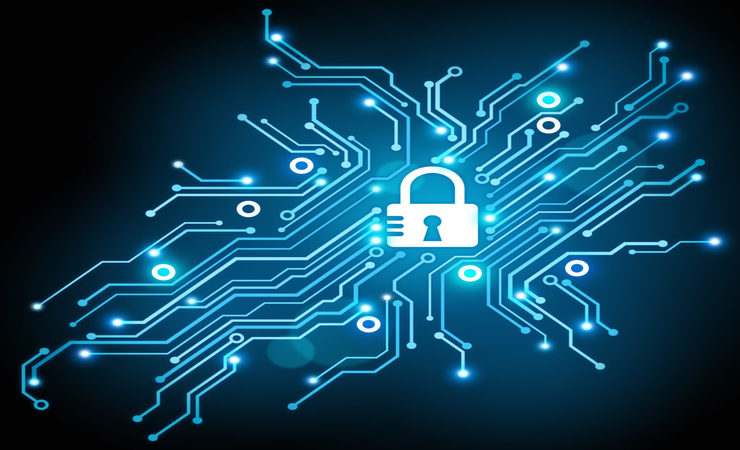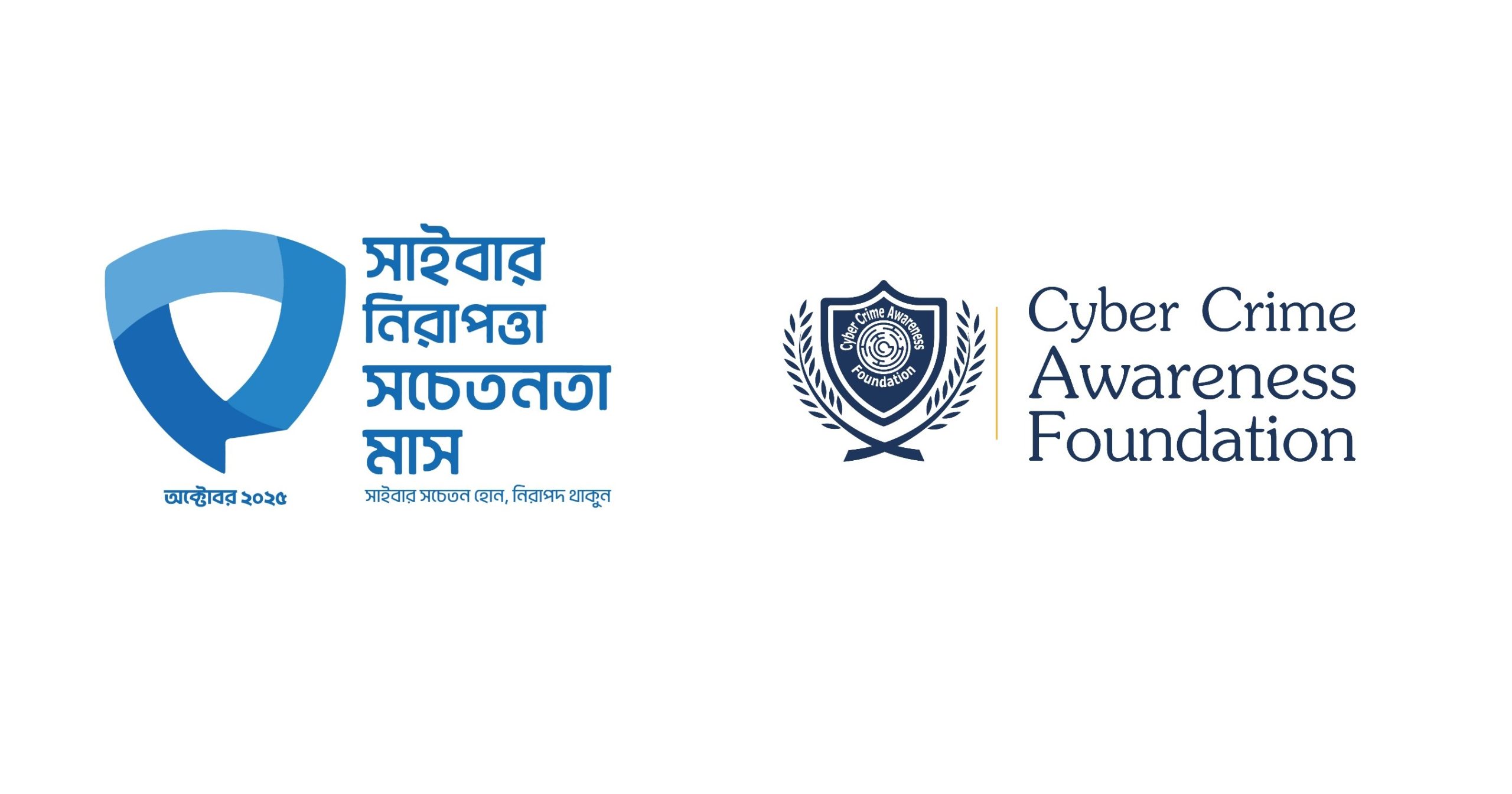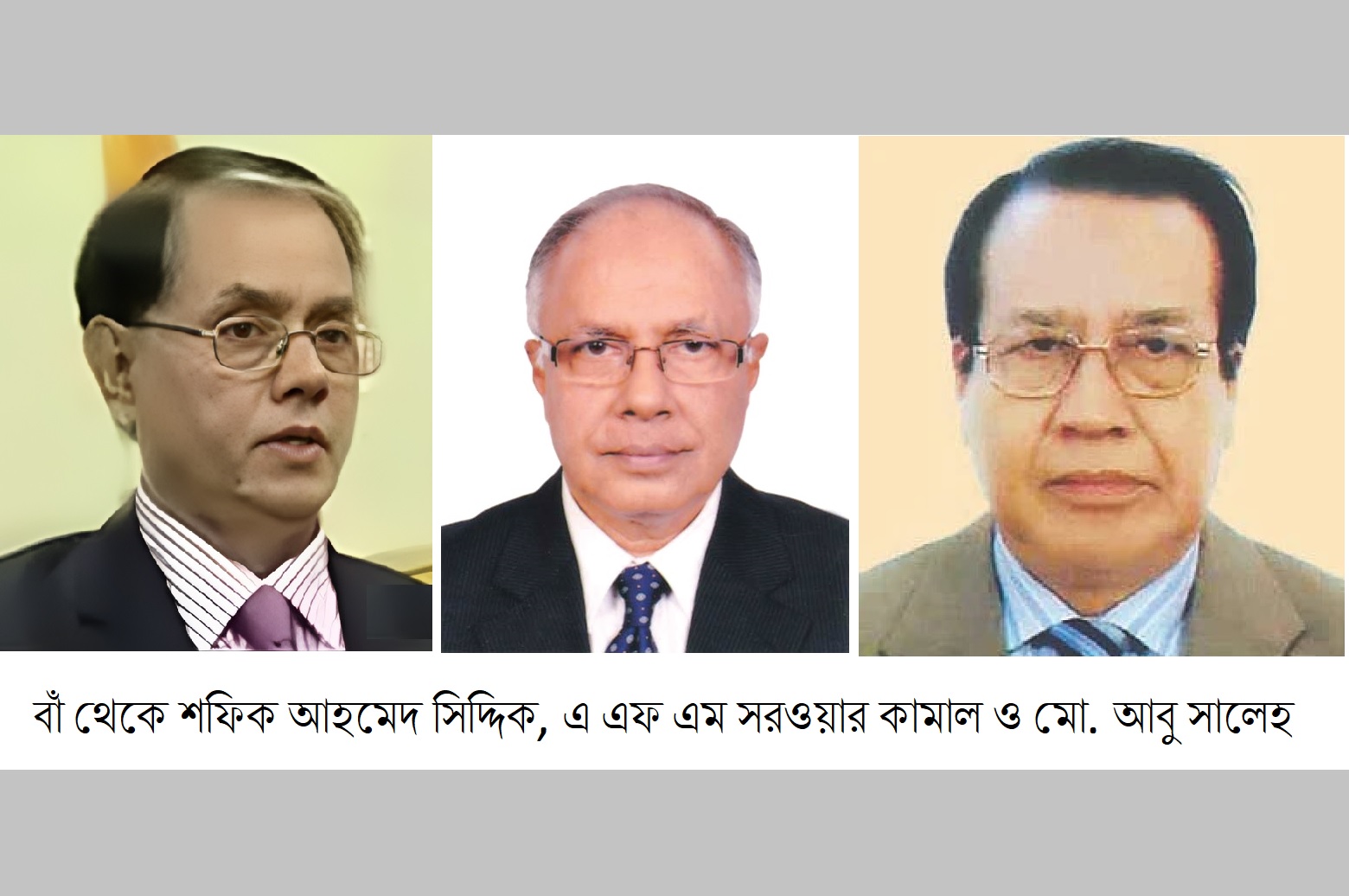:: Kazi Mustafiz ::
Dhaka, 20 July 2025: We live in the age of information and technology. Information is the fuel of technology; without it, technology is paralyzed. A global revolution in unrestricted information technology has brought the entire world under one network through the convenience of the internet. While we have geographical national borders, there are no boundaries in the virtual world. In this context, cybersecurity experts worldwide are propagating the message, “Your data is like money, treat it with importance.” Various initiatives undertaken in pursuit of the ‘Digital Bangladesh’ vision have made personal data protection extremely crucial for national security. While countries worldwide have begun taking various steps to ensure data security, we are still far behind.
The world’s first Data Privacy Day was celebrated with the signing of Convention 108 by the Council of Europe, a large European organization, in 1981. Bangladesh has also been observing this day on January 28th for a long time. In Europe, the General Data Protection Regulation (GDPR) has been enacted regarding how citizens’ information will be used. This is an important initiative attempting to reduce the power of technology companies in using customer personal data. Under this policy, users’ personal data must be used in compliance with the law.
On August 29, 2019, US President Donald Trump’s personal assistant, Madeleine Westerhout, was forced to resign following allegations of leaking his family’s information. UK-based Cambridge Analytica was accused of “stealing” the personal data of approximately 87 million Facebook users. After an investigation by the US Federal Trade Commission, Facebook was fined $5 billion. This “stolen” data from Cambridge Analytica was used to influence the 2016 US election and Britain’s Brexit referendum.
The Importance of Personal Data Protection for National Interest
It would be easier to explain with an example of phone calls. News of prominent individuals’ phone calls being leaked frequently appears in the media. The question arises: how are these leaked? People use mobile phones for their remote conversations for a specific fee. From a business ethics perspective, it’s natural for the company to ensure the privacy of the customer’s personal conversations. If they fail to do so, they are accountable to the customer. However, this is not reflected in reality. As a result, people are forced to use foreign apps like WhatsApp, Viber, and others that offer internet facilities. All types of technology have security risks, and cybercriminals can exploit them. But naturally, foreign apps are controlled by foreigners. How truly “free” are the apps we use for free? When installing any software, we have to agree to certain terms. These terms specify permission to record your conversations (audio, video, text) and how and in what situations they can be used.
Imagine that the app company never directly publishes your private conversations. However, they can easily analyze what kind of topics are prioritized in your conversations, including those of other individuals in your country, if they wish. Artificial intelligence or AI software is sufficient to do this with little effort. To put it more clearly, there’s an opportunity to generate reports by analyzing the political conversations of a country’s citizens. And who can guarantee that these companies will resist the temptation to sell the information from such reports to any group interested in purchasing them?
The customers for such foreign intelligence reports can be both inside and outside Bangladesh. Both are political. National politics and international politics. If it’s internal, there will be interests for both the ruling and opposition political parties. And if it’s outside the country, those same nefarious forces that have been eager to plunder Bangladesh’s wealth since before the Liberation War will exploit it. They always want to keep this region unstable. The land of independent Bangladesh, full of immense potential, is a great gift from the Creator to us. And for this very reason, international conspirators, out of envy, had two presidents assassinated to hinder our development. Have we learned nothing from this, even after 48 years of independence?
Data Protection is a Citizen’s Right
As a citizen of the state, the state is responsible for all their security. Article 43(b) of the Bangladesh Constitution recognizes privacy or personal data protection and confidentiality as fundamental human rights. The International Human Rights Declaration (Article 12), the International Covenant on Civil and Political Rights (Article 17), the UN Convention on Migrant Workers (Article 14), and the Convention on the Rights of the Child (Article 16) all define privacy as a right. Yet, there are no clear guidelines, policies, or anything explicit regarding citizen data protection in any Bangladeshi law.
The Bangladesh Telecommunication Act, passed in 2001, was amended in 2010. At that time, phone tapping was made a punishable offense. There is a provision for two years imprisonment and a five crore taka fine if anyone outside of government agencies records or broadcasts the conversations of another person by tapping their phone. However, there is no comprehensive policy on where and how customer personal data should be stored and used. In reality, there’s nothing wrong with tapping if it’s done in the national interest. But our country’s political culture has reached a stage where a public representative, once in power, forgets that they represent not just their party but every citizen. Even in leadership positions, we cannot maintain the mindset of working above party lines.
Concluding Remarks
I’ll conclude with a quote from economist Faizul Latif Chowdhury. He recently said at an event that if three principles are followed, there will be no unrest in society: people will not unjustly take each other’s property, they will not unjustly lay hands on others, and no one will unlawfully access another’s personal information. Therefore, to truly build a Digital Bangladesh, we must prioritize the expansion of domestic technologies, and government patronage for the relevant private sector will play a positive role in this regard. We must take initiatives now to popularize local ventures in all kinds of technology services, including social media. Otherwise, we will face a difficult situation in confronting the cyber politics we are about to face in the virtual world.
Author: Journalist; Founding President, Cyber Crime Awareness Foundation.






